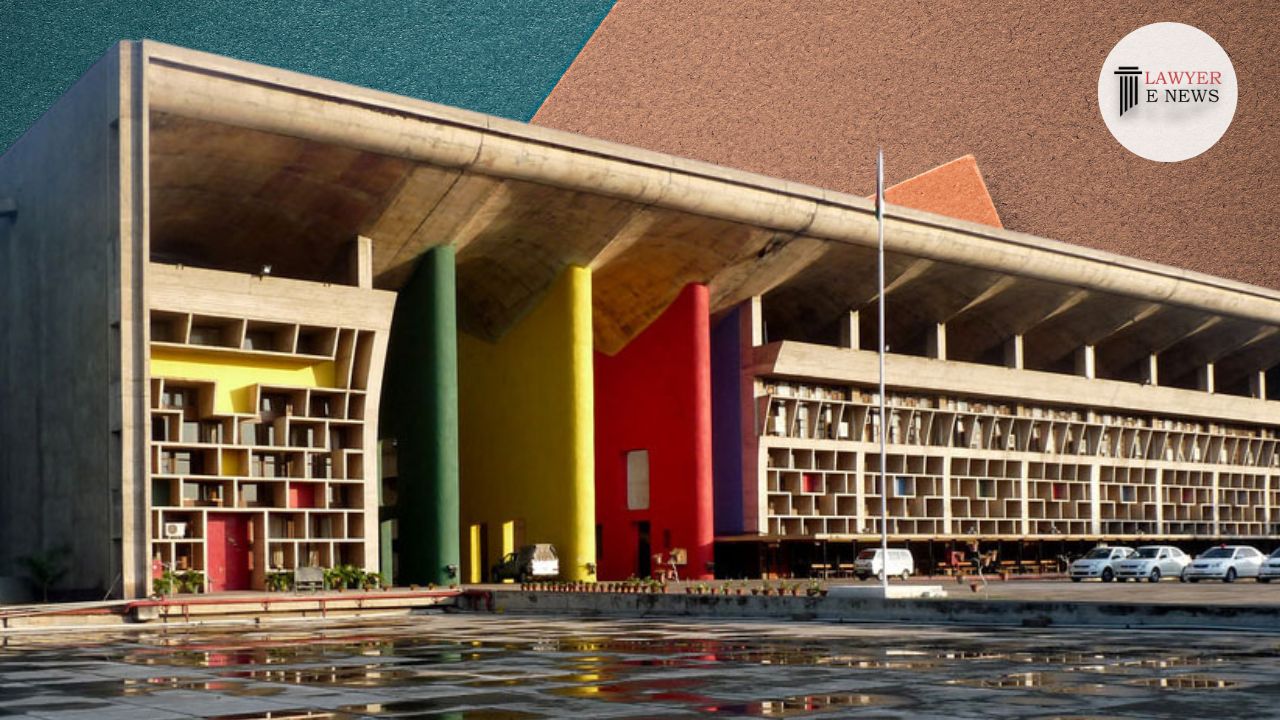-
by sayum
18 February 2026 6:55 AM



In a significant ruling, the Punjab and Haryana High Court has dismissed an application for leave to appeal against the release of five convicts on probation. The convicts were found guilty under Section 323 IPC and were released under Section 4 of the Probation of Offenders Act, 1958.
Justice Arun Monga, presiding over the case, stated, “Keeping the aforesaid in mind, I am thus of the view that the release of the convicts on probation, as in the present case, can indeed serve the dual purpose of deterrence and reformation.” [Para 12]
The applicant, Nasri, had sought to appeal against the release of the convicts, arguing that they should have been convicted under additional sections and should not have been released on probation. The convicts were ordered to pay a compensation of Rs. 5,000/- each to the injured applicant. [Para 1, 4]
The High Court elaborated on the principles and objectives of criminal law, emphasizing the focus on the reformation of offenders. Justice Monga discussed various factors that should be considered while granting probation, such as the nature of the offense, individual circumstances, and the potential for rehabilitation. [Para 11, 11.1-11.4]
In dismissing the application for leave to appeal, the Court found that the release on probation served the dual purpose of deterrence and reformation. “By allowing release on probation, the aim herein is to deter their future criminal conduct, while also providing an opportunity for reform and rehabilitation,” Justice Monga observed. [Para 12, 13]
In a directive aimed at lower courts, the High Court ordered that the principles and provisions related to probation be circulated to all courts in the States of Punjab, Haryana, and Chandigarh. “The principles enunciated in para 11 and its sub-paras above and the relevant provisions of the Probation of Offenders Act, 1958 be brought to the knowledge of all the learned Judges in the district judiciary,” the order stated. [Para 14]
This landmark judgment is expected to have far-reaching implications in how probation is considered and granted in criminal cases across Punjab, Haryana, and Chandigarh.
Date of Decision: 17.07.2023
Nasri vs State of Haryana and others
